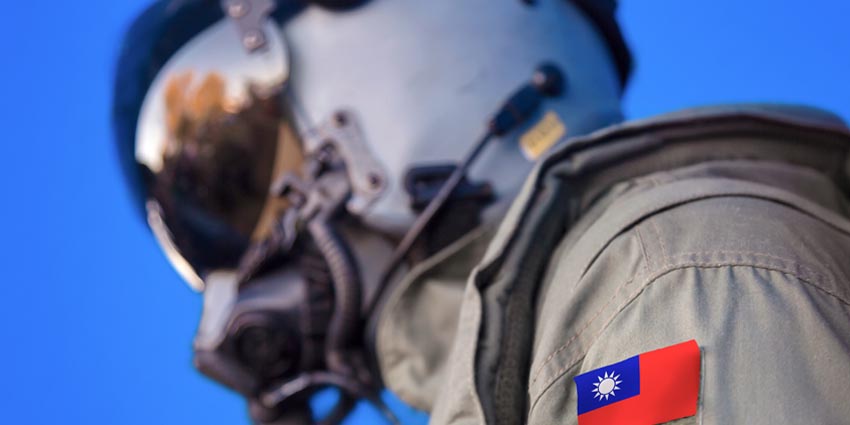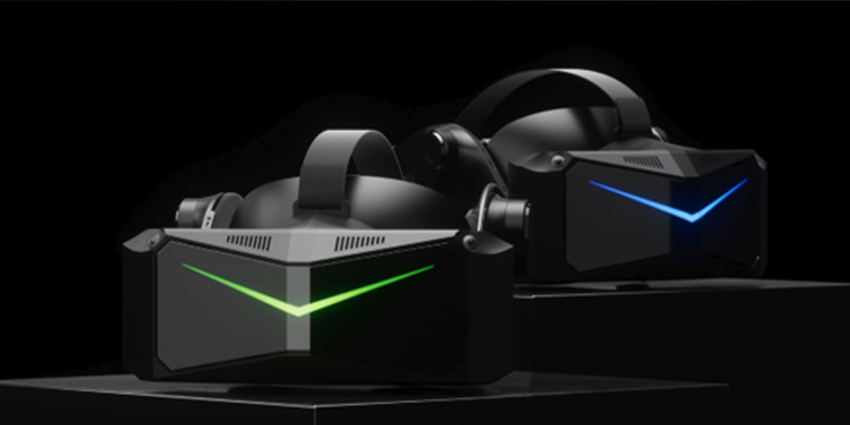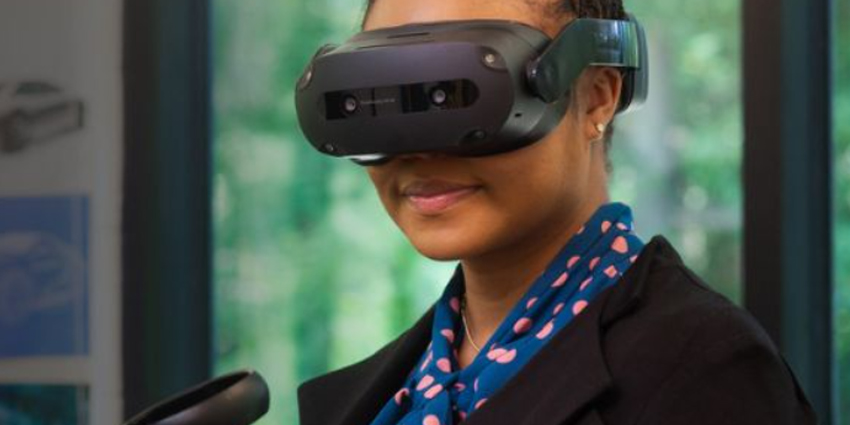Taiwan’s National Audit Office (NAO) said its army has been underutilised virtual and augmented reality (VR/AR) to train soldiers for combat and reduce costs, the Taipei Times reported on Monday.
In a recent government budget report, Taipei’s NAO said its army had been underutilising or inefficiently using many of its 487 simulators.
The report added the Taiwanese Ministry of National Defense said it had procured the VR simulation equipment after urging greater focus on improving weapons training without accruing high costs from ammunition and equipment maintenance.
It continued, stating the army had placed numerous tank simulators at the nation’s Northern Joint Simulation and Training Center and Armor Training Command facilities in Hsinchu, which army personnel used 12 times over 48 hours from 2018 to 2020.
Despite the army stating the facilities would be used for training reserve units, military personnel employed them for academies, examinations, and testing, the report added.
Range officers could have used the simulators to train marksmen, the report read, adding New Taipei City’s Reserve Mobilisation Leadership Training Center was inadequate for rifle certification, which requires 175m shooting ranges compared with the small arms ranges of 25m.
The report concluded reservists urgently needed higher training standards, adding the army must utilise training resources and improve access to simulators across units.
National Militaries Deploy XR Solutions
The developments come as national militaries across the world shift to extended reality (XR) technologies to train soldiers in a bid to boost critical personnel skills and reduce government budgets.
Numerous organisations and firms are reporting higher learner information retention rates with XR, leading to vastly improved learner skills as well as knowledge of risks in performing dangerous work.
The United States Air Force (USAF) partnered with US immersive training firm Moth+Flame to deploy its bespoke VR sexual assault prevention and response training modules.
Moth+Flame and the USAF aimed to address several challenges in the military, including victim advocacy, crime reporting protocols, and others, amid a rise in sexual assaults in the military.
According to a report from Finnish VR tech firm Varjo Technologies, immersive training solutions could empower businesses by “drastically” reducing training costs up to 99 percent amid the COVID-19 crisis.
The Helsinki-based firm teamed up with Swedish aerospace and defence giant Saab to build a new ‘human eye’ MR technology for training Gripen E/F jet fighters, allowing trainers to deploy the solution with fewer resources and added immersive capabilities.
King Crow Studios, based in Louisiana, also struck a Small Business Innovation Research (SBIR) Phase III contract worth $6.5 billion with the USAF to train B-52 bombers with the firm’s VR training solution.







